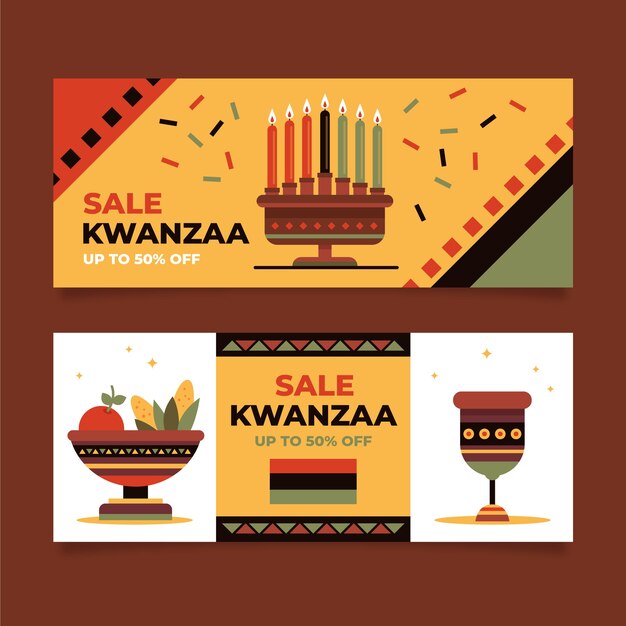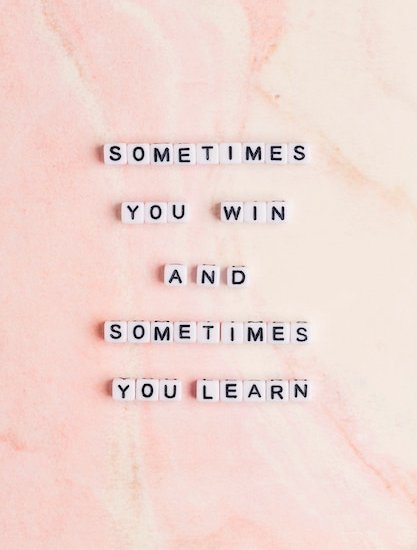Kwanzaa Facts – A Celebration of African Heritage and Traditions

Kwanzaa is an African-American holiday celebrated from December 26th to January 1st.
Kwanzaa was created in 1966 by Dr. Maulana Karenga.
The name Kwanzaa is derived from the Swahili phrase matunda ya kwanza which means first fruits.
Kwanzaa celebrates African culture, heritage, and community.
Each day of Kwanzaa is dedicated to one of the seven principles called Nguzo Saba.
The seven principles of Kwanzaa are Umoja (unity), Kujichagulia (self-determination), Ujima (collective work and responsibility), Ujamaa (cooperative economics), Nia (purpose), Kuumba (creativity), and Imani (faith).
Kwanzaa is often celebrated with a kinara, a seven-branched candleholder representing the principles of Kwanzaa.
On the first day of Kwanzaa, the black candle in the kinara is lit to represent unity.
Each of the other six candles on the kinara represents one of the principles of Kwanzaa.
Kwanzaa celebrations often include storytelling, drumming, dancing, and singing.
Kwanzaa encourages individuals to give meaningful handmade gifts.
Kwanzaa promotes economic empowerment within the African-American community.
Kwanzaa is not a religious holiday but focuses on cultural and communal values.
Kwanzaa emphasizes the importance of self-reflection and personal growth.
Kwanzaa encourages individuals to work together for the betterment of their community.
Kwanzaa rituals include pouring libations to honor ancestors.
Kwanzaa Facts – A Celebration of African Heritage and Traditions part 2
Kwanzaa was first celebrated in the United States but has spread to other countries.
The colors of Kwanzaa are red, black, and green, symbolizing the struggle for liberation and unity.
The Kwanzaa celebration culminates in a feast called Karamu, where traditional African dishes are served.
Kwanzaa provides a platform for African-American artists, musicians, and performers to showcase their talents.
Kwanzaa serves as a reminder of the resilience and strength of the African-American community.
Kwanzaa encourages individuals to be proud of their heritage and cultural identity.
Kwanzaa promotes inclusivity and unity among people of African descent.
Kwanzaa celebrations often involve community service and giving back to those in need.
Kwanzaa teaches the importance of intergenerational dialogue and passing down traditions.
Kwanzaa rituals involve lighting the candles and discussing the principles they represent.
Kwanzaa provides an opportunity for African-Americans to reaffirm their commitment to the principles of Nguzo Saba.
Kwanzaa is a time to honor and remember African history and heritage.
Kwanzaa encourages individuals to embrace their African roots and reject negative stereotypes.
Kwanzaa fosters a sense of belonging and pride within the African-American community.
Kwanzaa encourages individuals to support black-owned businesses and enterprises.
Kwanzaa promotes cultural exchange and understanding between different communities.
Kwanzaa celebrations often include traditional African music, such as drumming and dancing.
Kwanzaa encourages individuals to actively participate in shaping their community’s future.
Kwanzaa serves as a reminder of the achievements and contributions of African-Americans throughout history.
Kwanzaa emphasizes the importance of self-expression and creativity.
Kwanzaa rituals often involve reciting African proverbs and wisdom.
Kwanzaa celebrations highlight the diversity and richness of African cultures.
Kwanzaa provides a space for African-American youth to connect with their heritage.
Kwanzaa encourages individuals to celebrate their unique talents and gifts.
Kwanzaa promotes a sense of social responsibility and accountability.
Kwanzaa traditions include creating and exchanging homemade gifts and crafts.
Kwanzaa offers an opportunity for African-Americans to reflect on their personal and collective growth.
Kwanzaa serves as a reminder of the importance of gratitude and appreciation for one’s blessings.
Kwanzaa encourages individuals to strive for excellence and success in all areas of life.

